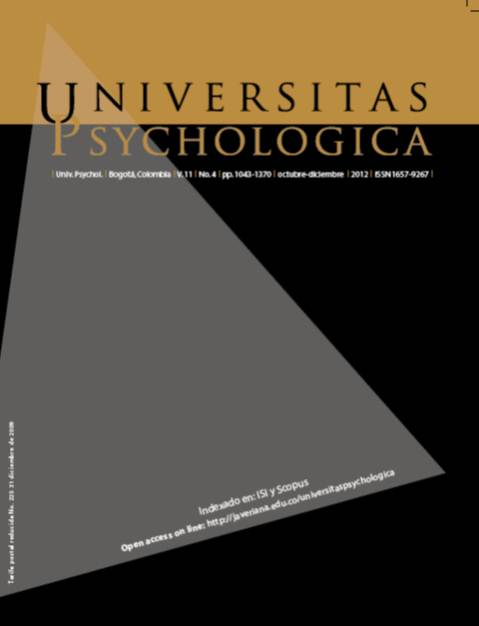Abstract
The study aims to chart the development of the willingness to forgive among adolescents, as a function of seven situational factors: Possibility of revenge, cancellation of harmful consequences, encouragement to forgive from parents and/or from close friends, social proximity with the offender, intent to harm, and presence of apologies. The participants were presented with 16 stories in which an adolescent committed a harmful act against another one. Each participant was asked to rate the degree of personal willingness to forgive in each case on a continuous scale. The effect of the cancellation of consequences factor was the strongest one, and it was stronger among younger adolescents than among older adolescents. The effect of the intent factor was the second strongest factor, and it was stronger among older adolescents than among younger adolescents. The effect of the encouragement factors was moderate (encouragement by friends), or small (encouragement by parents), and no age difference was observed. The effects of the revenge, apologies, and social proximity factors were always weak. An additive-type combination process was observed in each age group.
This journal is registered under a Creative Commons Attribution 4.0 International Public License. Thus, this work may be reproduced, distributed, and publicly shared in digital format, as long as the names of the authors and Pontificia Universidad Javeriana are acknowledged. Others are allowed to quote, adapt, transform, auto-archive, republish, and create based on this material, for any purpose (even commercial ones), provided the authorship is duly acknowledged, a link to the original work is provided, and it is specified if changes have been made. Pontificia Universidad Javeriana does not hold the rights of published works and the authors are solely responsible for the contents of their works; they keep the moral, intellectual, privacy, and publicity rights. Approving the intervention of the work (review, copy-editing, translation, layout) and the following outreach, are granted through an use license and not through an assignment of rights. This means the journal and Pontificia Universidad Javeriana cannot be held responsible for any ethical malpractice by the authors. As a consequence of the protection granted by the use license, the journal is not required to publish recantations or modify information already published, unless the errata stems from the editorial management process. Publishing contents in this journal does not generate royalties for contributors.


